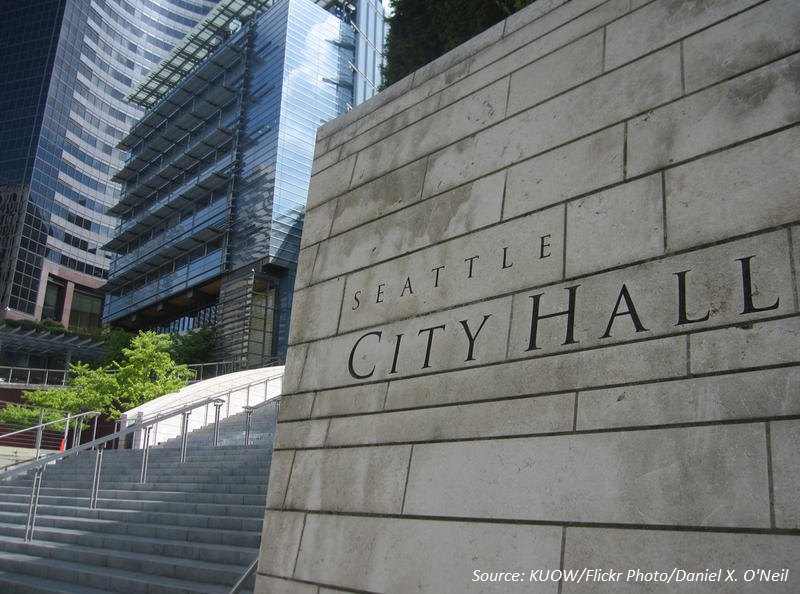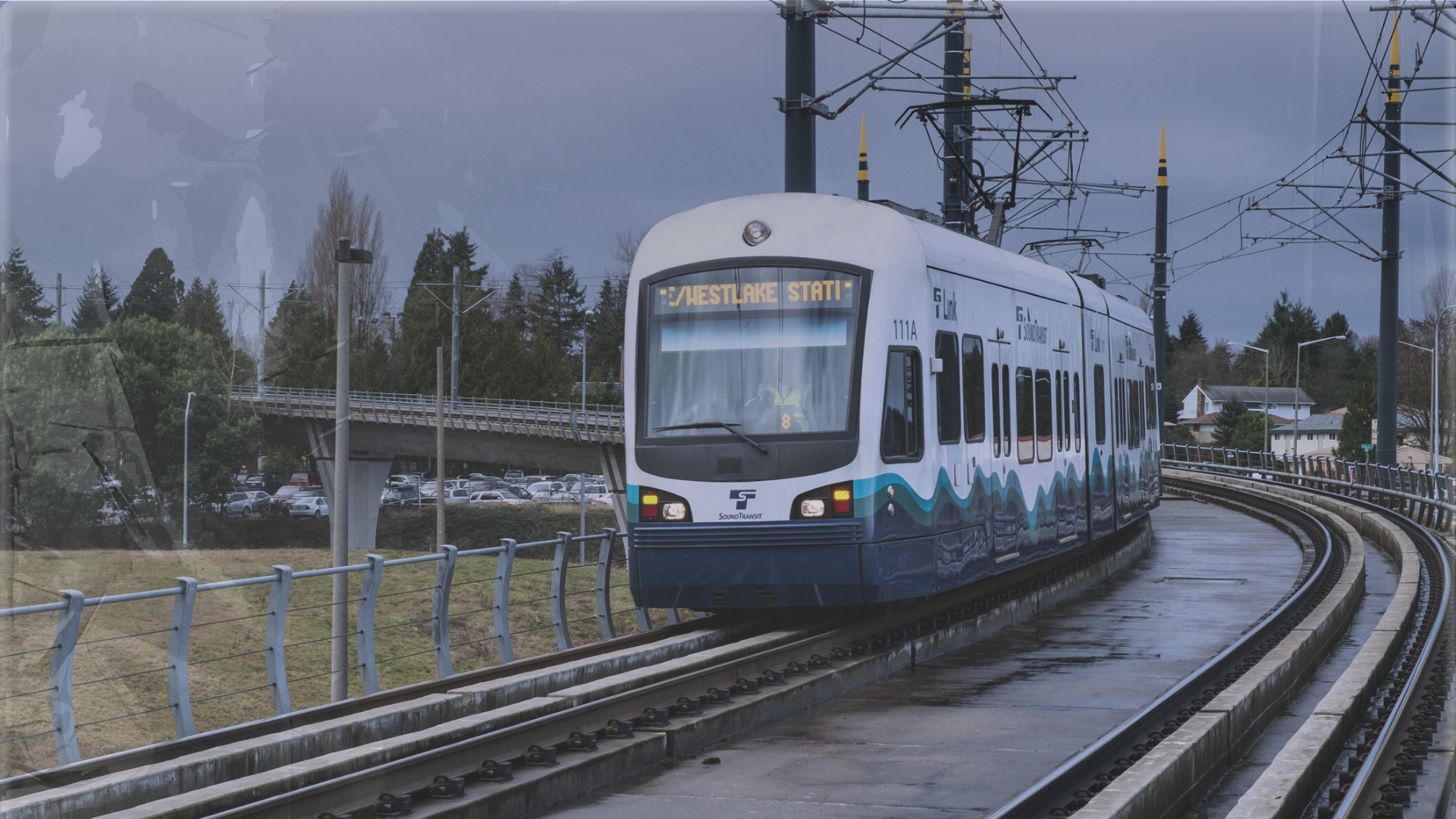Seattle Mayor Jenny Durkan announced the outline of policies designed to reduce carbon dioxide emissions in Seattle, focusing on transportation and building emissions. The proposal is theoretical at this point, but we can look at the few tangible elements to assess the potential impacts.
Tolling in the City of Seattle: Mayor Durkan’s plan to toll Seattle roadways is, at it its core, an effort to restrict access to the city by working families who depend on a vehicle for mobility. Tolls can provide revenue to expand the state’s highway system. However, pricing roadways to manage demand or restrict access to drivers, raises significant philosophical problems of equity and fairness.
This plan may, if implemented properly, be successful in reducing cars and emissions in downtown Seattle. However, there are costs to these decisions that Seattle officials willfully ignore. Beating people with coercive policies that politicians want is not a good long-term growth strategy. People, businesses and cars may simply leave, and take emissions elsewhere. This could have a negative impact on Seattle’s economy, despite officials’ assumptions that thousands of drivers will submit and start to take transit.
Looking at the Puget Sound Regional Council’s recent update to their Transportation 2040 plan (see page 6 of Appendix K), regional planners expect 4,542,000 more trips in the region by 2040. According to their own data, 10% of those new trips will be served by transit, while 59% will be served by automobiles and trucks. Meanwhile, regional planners project vehicle miles travelled will increase 21% and delays will increase 51%.
In other words, after decades and billions of public spending on road diets and expensive transit projects, the majority of the region’s trips will continue to be taken by car. Ironically, city officials are responsible for policy decisions that have made congestion worse, and now claim they want to reduce congestion by imposing this new tax on the public – punishing the public for a problem they have exacerbated.
Requiring Electric Charging Stations: Although transportation fuels are the top emitter of CO2 in Seattle, this is a waste of money. The mayor announced, “legislation requiring the inclusion of electric vehicle infrastructure in new construction or renovation that includes parking.” Inner-city travel and commuting are not the problem for electric vehicles – long range is. Requiring charging stations will add cost but will do little to impact EV capacity or CO2 emissions.
Building Efficiency and the Bullitt Center Failure: Whenever Seattle politicians need to point to a totem of energy efficiency, they point to the Bullitt Center. The claims, however, are based in theory not reality. In her announcement, the mayor specifically mentioned the Bullitt Center as an example of a building that can be “energy positive.” This claim, however, is dubious because the dashboard that is supposed to show energy use for the building doesn’t work and hasn’t for years.
Adding insult to injury, the weather station at the building hasn’t worked in three months. Additionally, the Bullitt Center has not released information about which systems are worth the cost and which have failed. Citing the Bullitt Center as an example demonstrates how shallow the thinking is on this plan.
Calculating Effectiveness: The Mayor says her goal is to meet the CO2 reduction targets of the Paris Climate Accord. Until the details emerge, it will be difficult to see if that goal will be met. Critical to meeting that goal will be the cost. If the proposals have high costs for small CO2 reductions, then they won’t meet the goals or will have to cannibalize the city budget to do so.
Additionally, if the cost is high, businesses and residents will move out of Seattle. Ironically, this will appear to show success as the city’s CO2 emissions decline. Worldwide emissions – the only thing that matters – will not, however, if the only result is to cause people and businesses to relocate.
If Seattle is glib about the cost and counting of CO2 reductions, this will be little more than a high-profile failure.




